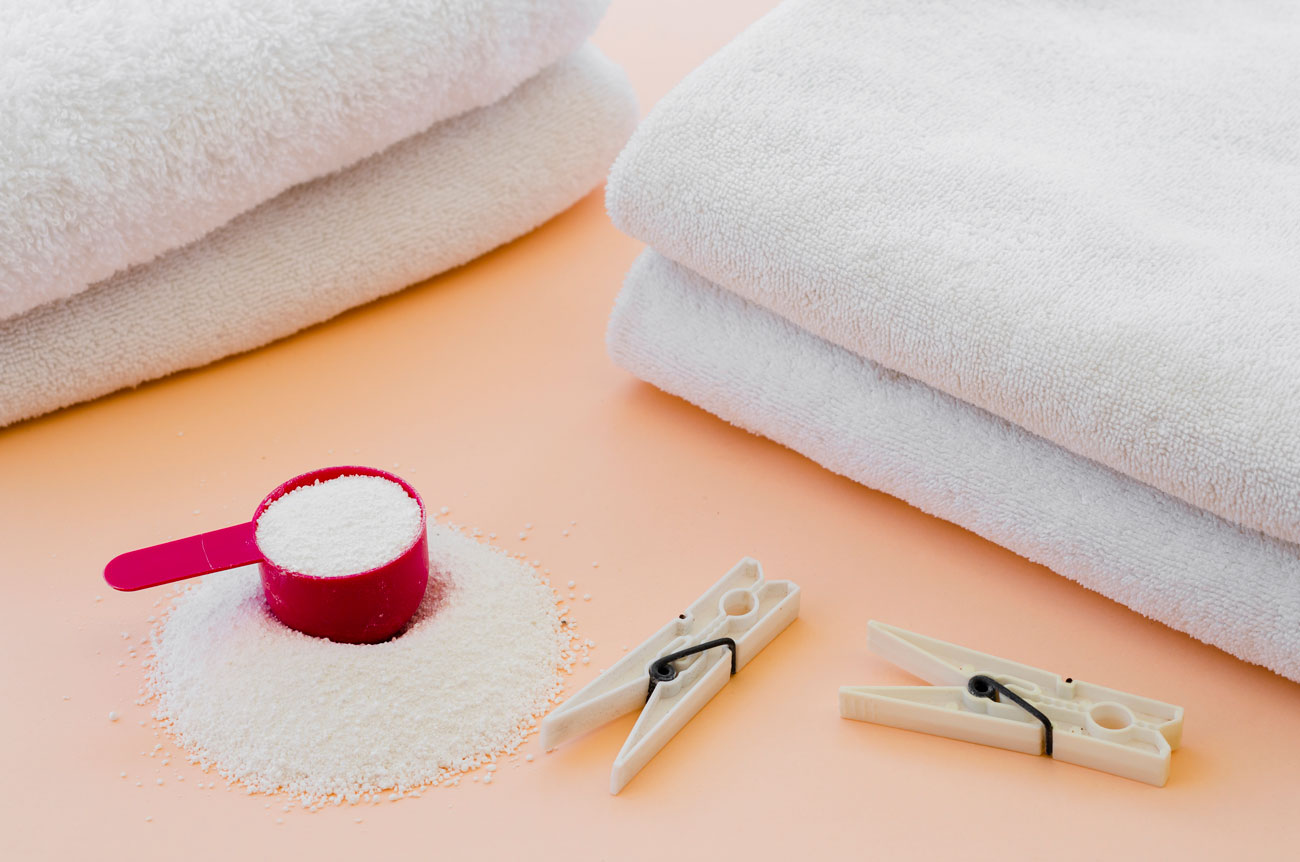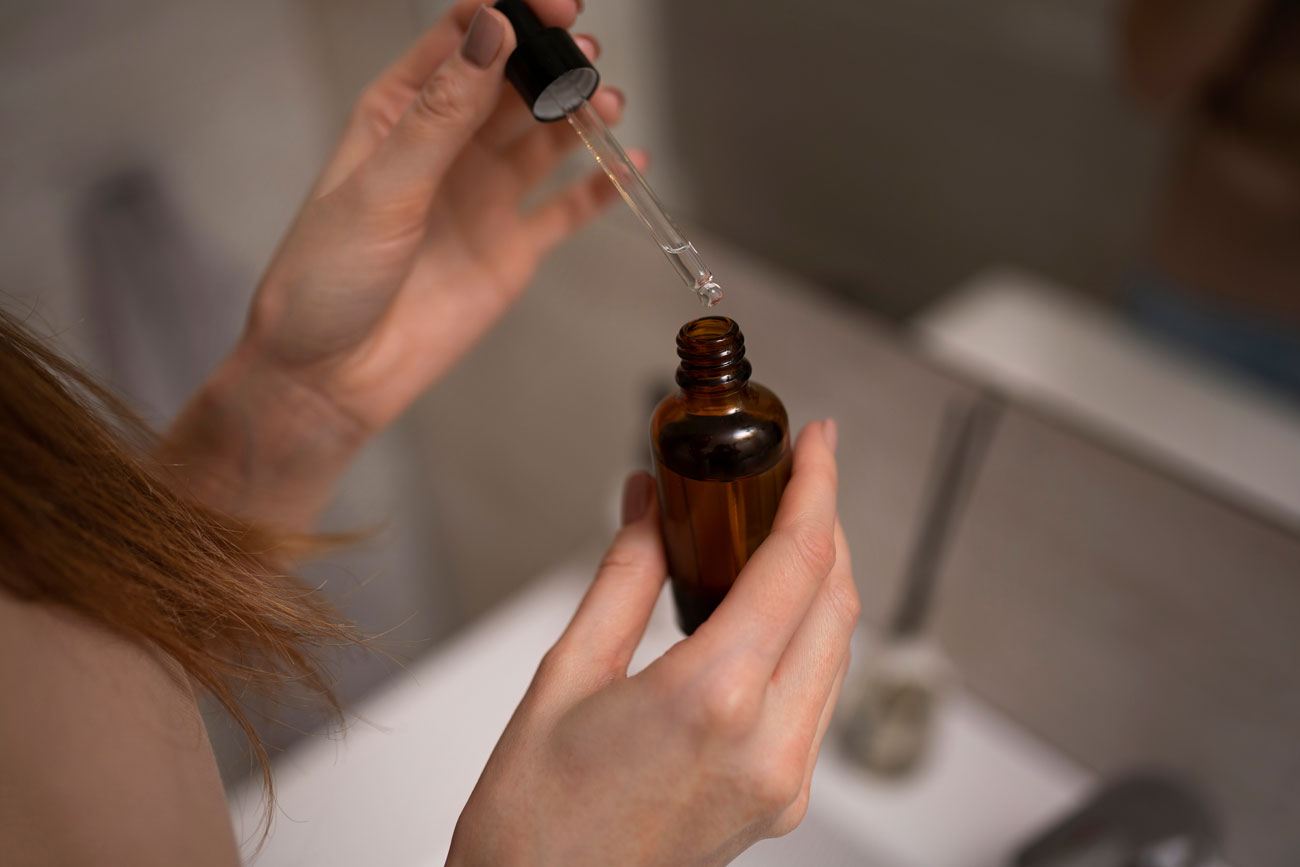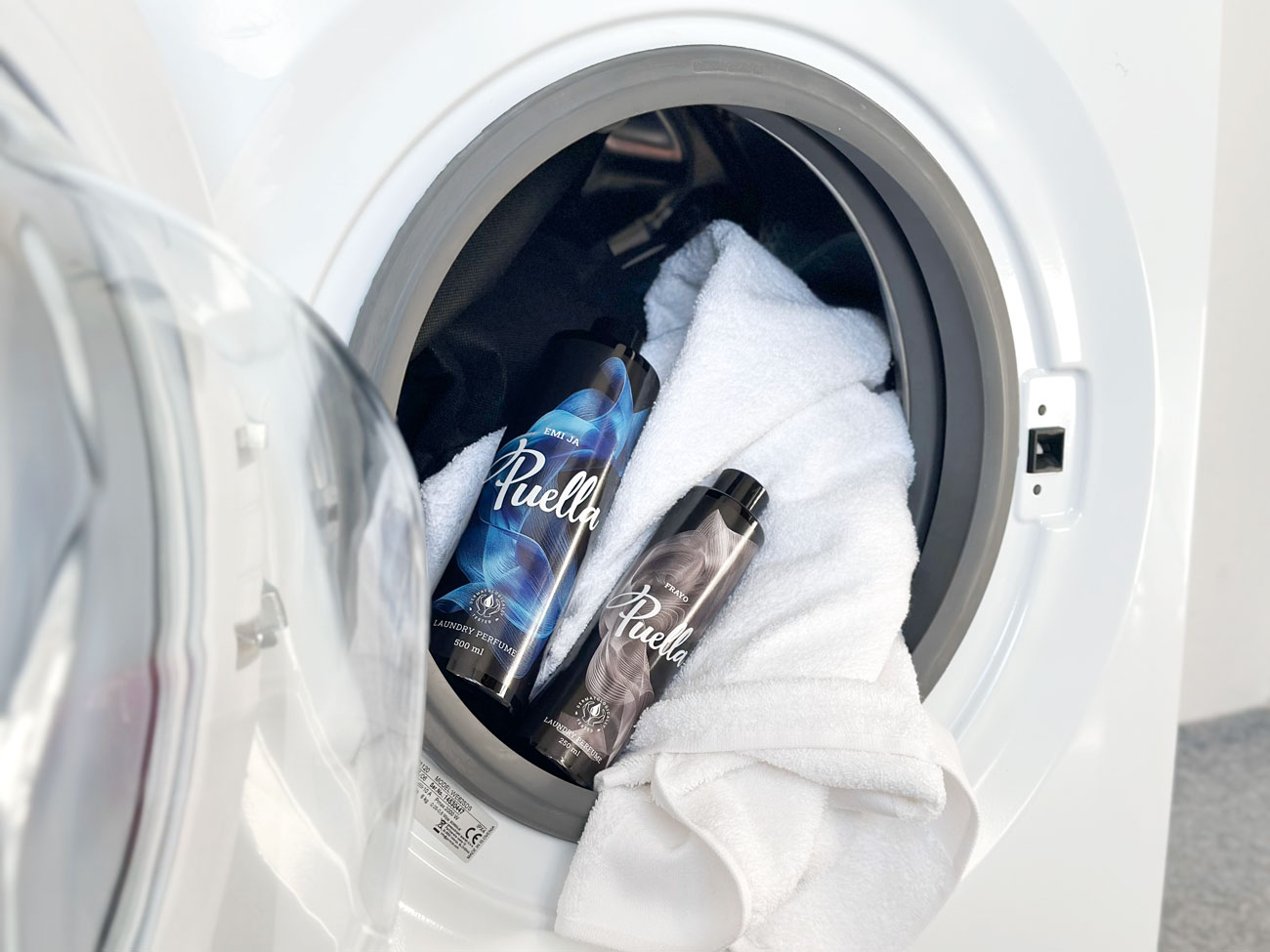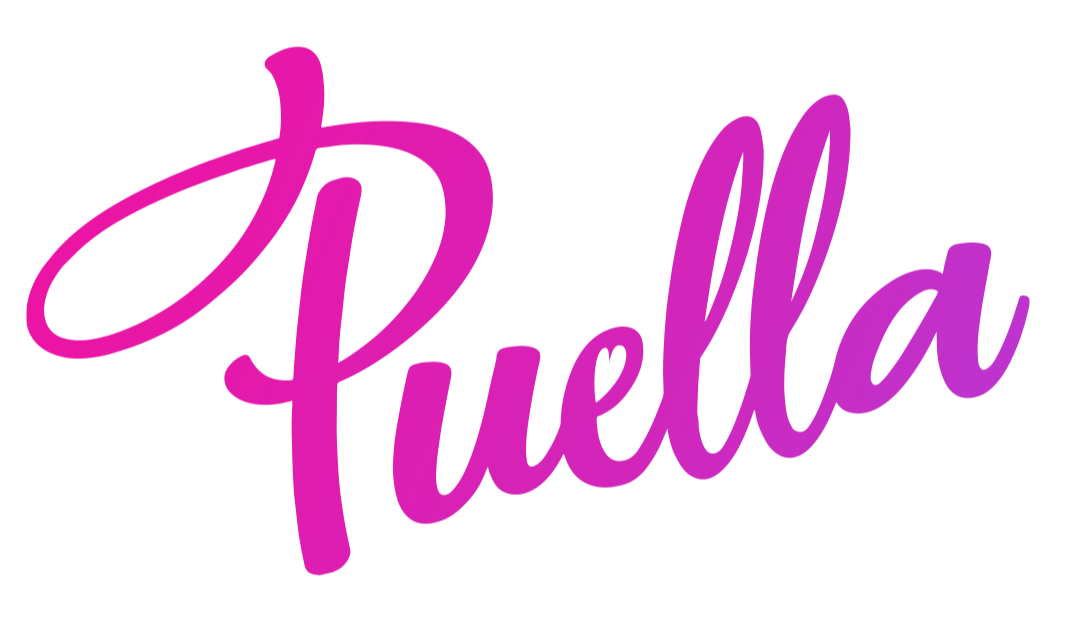
Some people can't imagine doing laundry without adding fabric softener—it's almost second nature. Are you one of them? However, traditional fabric softener isn’t all it’s cracked up to be. What are its drawbacks, why should you think twice before using it, and what natural or commercial alternatives are out there? After reading the following lines, you might find yourself ready to switch gears and try some fresh alternatives.
Fabric softener smells lovely, but...
- Despite many claims, the scent on your laundry may not last.
- Standard fabric softeners also contain a lot of chemicals, which can cause skin irritation in people sensitive to these substances. Not to mention, these chemicals are harmful to the environment.
- In addition to the impact on your body, regularly buying fabric softener can also take a toll on your wallet, both directly and indirectly. If you do laundry frequently, you'll run out quickly, and if you use too much, it can damage your clothes and washing machine.
- Traditional fabric softener can clog clothing fibres, leading to deterioration. Fortunately, there are alternatives that can fully replace fabric softener.

Get Softer Clothes with Vinegar or Baking Soda Magic
Vinegar works wonders around the house, and it’s no different when used in laundry. If you’re after soft and clean clothes, be sure to give it a try.
Baking soda, which can be found in every household, also does a great job of cleaning fabrics.
The only downside is the lack of fragrance. When choosing these alternatives, you’ll have to rely solely on your laundry detergent for scent.
Fresh Air as a Natural Fabric Softener
One alternative is to skip fabric softener and its substitutes altogether, letting your freshly washed clothes dry in the fresh air. That would be the perfect scenario if most of us lived near a beautiful meadow full of fragrant flowers or in the mountains where fresh air is abundant.
However, reality is a bit different. Hanging laundry outside is often limited by space on balconies or the very air itself, which contains fumes from cars and many other unhealthy particles.
Go for Herbs
To freshen up your laundry while it dries, consider using a sachet of dried herbs.
Those with strong scents, such as lavender, mint, or eucalyptus, work best.
However, be careful with the type of sachet you use—it should be made of heat-resistant fabric for the dryer, perforated, but not have holes that are too large, as you don't want bits of herbs to stain your clean clothes. A metal tea infuser also works well for this purpose.

For a More Intense Scent, Use Essential Oil
Just a few drops of your favourite essential oil will leave your laundry smelling divine after you take it out of the washing machine. However, if you add it too early, the washing machine may wash it out of your clothes. Be sure to add the essential oil during the final rinse cycle instead.
Lemon Can Banish Odours
Lemon is also a natural bleach, so always add it only to white clothing.

The Easiest Way to Wash? With Laundry Perfumes!
With laundry perfumes, you get all the benefits and more compared to traditional fabric softeners, while avoiding the drawbacks of the alternatives mentioned.
- When using Puella scented laundry perfumes, there's no risk of towels losing their absorbency or sportswear compromising its moisture-wicking properties. You can also use them in situations where regular fabric softener is not recommended.
- One of the advantages of laundry perfume is its truly long-lasting scent—just choose your favourite!
- Puella perfumes are free from unnecessary chemicals, and using them is incredibly simple. In addition to the benefits mentioned above, Puella laundry perfumes offer a host of other advantages.
Wearing clean and fragrant clothing feels truly great. Treat yourself to it easily with Puella scents.
